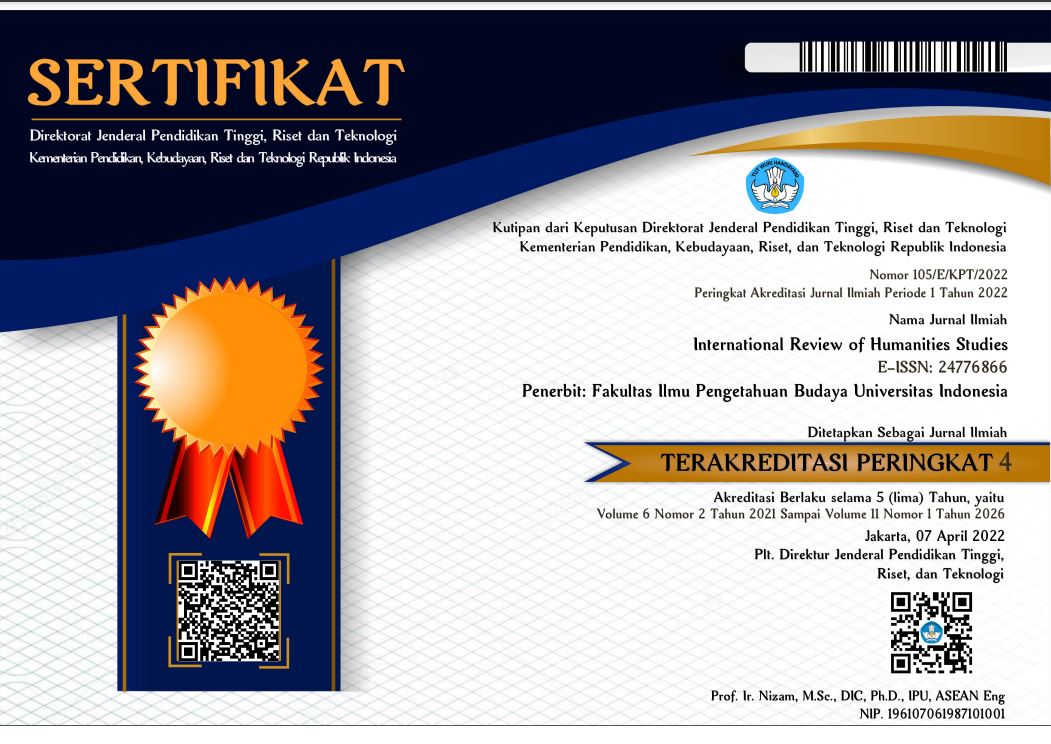International Review of Humanities Studies

Abstract
Carnivals situate a state or nation in the global cultural map, for their especial merit of fostering for the host community, economic advancement and a healthier international profile in the diplomatic comity. The present study engages the relevance of the Calabar Carnival beyond the realms of entertainment and tourism, but as a politico-cultural agent in the global environment where diplomacy conditions the reputation, acceptability, and sometimes fortunes of nations. In a multicultural nation like Nigeria, where autonomous ethnic identity is an intense superstructure of indigenous beliefs, dressing, cuisine, and native performance; cultural diplomacy can play a significant role in regulating intercultural relations. Culture therefore, can play a nationalistic function as a unifier of divergent interests and orientations, especially within the thematic and logistical organisation of festivals and carnivals, and the touristic benefits they have for diplomatic intentions. The Calabar Carnival represents that nationalistic intent to explore and promote the objective of cultural diplomacy, both on the national and international frontier. The objective of the present study consequently, is two-fold. Firstly, to analyse the sociocultural implications of the Calabar carnival on the national polity, such that it validates the carnival's potentials in economic and touristic development. Secondly, to discuss the logistical and ideational challenges of hosting the Carnival, as well as possible ways of ameliorating them. The study takes its foundation in the theory of diplomacy, which submits that the more we meet people through trade and other platforms the more we outsource and propagate our native culture, values and ideas. The study employs the participant-observation, interview method, and content analysis of relevant literature, to pursue its objectives.
Recommended Citation
ODUNZE, Josephine Awele
(2021)
"DANCE AND ITS POTENTIALS: IMPLICATIONS AND CHALLENGES OF THE CALABAR CARNIVAL OF SOUTHERN NIGERIA,"
International Review of Humanities Studies: Vol. 6:
No.
2, Article 6.
Available at:
https://scholarhub.ui.ac.id/irhs/vol6/iss2/6


